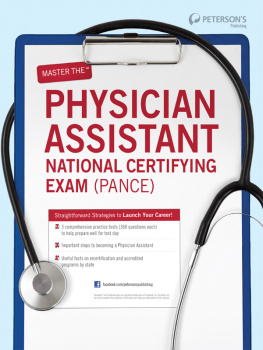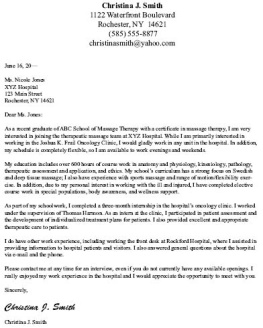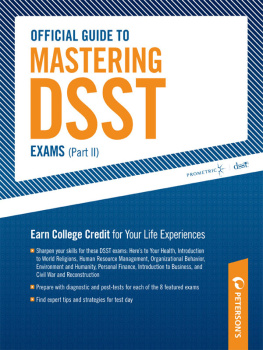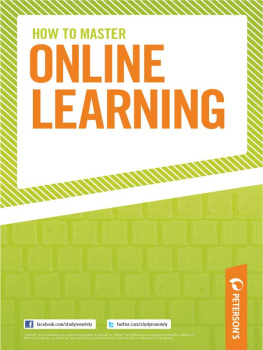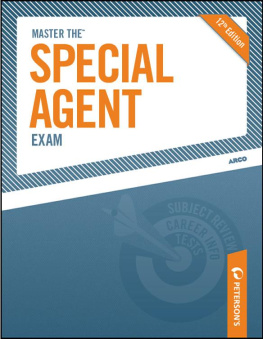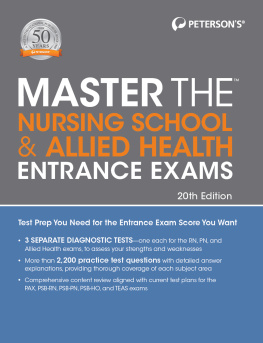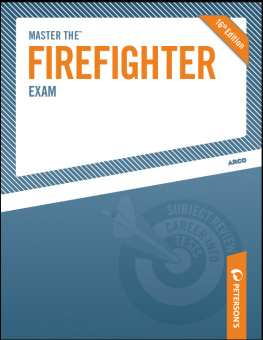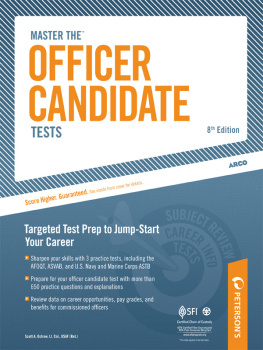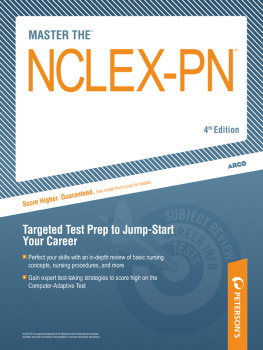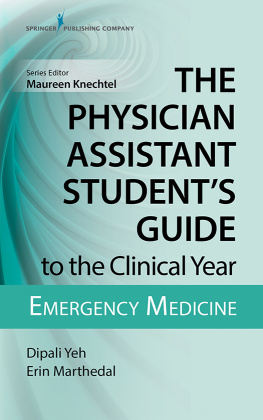Appendix A
Recertification Information
THE PHYSICIAN ASSISTANT NATIONAL RECERTIFYING EXAM (PANRE )
After a physician assistant (PA) is initially certified, the PA must maintain an active PA certification.
The Physician Assistant National Recertifying Exam (PANRE) is the only recertification exam that must be taken by PAs who currently hold a National Commission on Certification of Physician Assistants (NCCPA) certification. The certification cycle for a physician assistant is 6 years. After 6 years, the certificate is no longer valid. For a PA to remain certified, he or she must complete 100 hours of continuing medical education every 2 years. Every 6 years, the PA must pass the PANRE.
The PANRE is a computer-based exam that contains 300 multiple-choice questions that must be answered in 5 hours. PAs must submit an application to take the exam and pay a fee of $350. Its administered at testing centers throughout the United States. Examinees may not use any reference materials while taking the exam. The exam is designed to reevaluate and assess the PAs current knowledge and skills in medical surgery.
Prior to 2011, PAs who needed to take the recertification exam had two choices: the PANRE and the Pathway II. The Pathway II was an exam that was completed from home. It had the same number of questions as the PANRE, but examinees had 6 weeks to complete it and were allowed to use reference materials. This exam is no longer offered and PAs are now required to take the PANRE for recertification.
PANRE ELIGLBILITY
Physician assistants can take the PANRE either during their fifth or sixth year of their certificate cycle. PAs can only take the exam twice in their fifth year and twice in their sixth year, meaning they have up to four attempts to pass the PANRE. PAs in their sixth year should note that they only have two tries to pass the PANRE and a 90-day waiting period between exam dates.
To determine eligibility, visit the National Commission on Certification of Physician Assistants Web site at www.nccpa.net. If an illegible PA takes the exam, his or her scores will be rescinded and the PA will be responsible for retaking the test once he or she becomes eligible. Fees will not be refunded in these types of cases.
PAs who have let their certification lapse can regain their certification by taking the PANRE. If a PAs certification lapsed because he or she didnt finish required continuing medical education (CME) hours or failed to make all payments within the 6-year time frame, the PA can pay a reinstatement fee of $250 and finish his or her hours within 6 months of the end of the certification cycle.
To regain certification once it expires, the PA must log 300 hours of CME, 100 of which must be earned during the 2 years leading up to the submission of the application for the exam. Also, 150 of the total required CME hours must be Category I and 50 of these must be earned within the 2 years leading up to the submission of the application for the exam.
Category I includes live or attendance-based activities, such as national conferences, workshops, seminars, or scientific meetings, and enduring materials, such as printed, recorded, audio, or video activities.
The PA can also regain certification by retaking the PANCE exam. No CME hours are required to retake the PANCE exam.
THE PRACTICE-FOCUSED COMPONENT
As of 2009, the PANRE is offered with practice-focused content in one of three specialized areas:
- Adult medicine
- Primary care
- Surgery
Sixty percent of the questions focus on general medical information and the additional 40 percent of questions are based on an area of the PA's choice. This practice-focused content allows PAs to choose which types of questions they would like to see on the PANRE based on their area of practice. Even though the PA is allowed to choose the type of content he or she wants on the PANRE, it doesn't really make a difference because it doesn't make the material on the exam any easier or change the exam format. The PANRE is still scored in the same way and the chosen area of focus on the exam will not show up on the score report.
The following are some of the subjects covered on the PANRE:
- Anatomy/ Physiology
- Bleeding Disorders
- CDC Prevention Isolation Guidelines
- Dementia
- HIV and AIDS
- Immune System
- Liver Function
- Maslow's Hierarchy of Needs
- Multiple Sclerosis
- Obstetrics/ Gynecology
- Pharmacology
- Surgical Terminology
APLLYING FOR THE PANRE
If a PA is in his or her fifth or sixth year of the certificate cycle, he or she should schedule a date to take the take the PANRE as soon as possible. The PA should submit an online application through the National Commission on Certification of Physician Assistants (www.nccpa.net) and pay a fee of $350.
Once the PA is deemed eligible to take the PANRE, he or she can schedule to take the exam at any time during the 180-day time frame given by the NCCPA. If the PA fails to take the exam during this time, he or she will have to reapply and pay the fee again. If the PA decides that he or she cant take the test during this time frame or needs to reschedule, he or she must submit a request of withdrawal in writing to NCCPA at least 24 hours before the exam. If this is not done, the PA will have to reapply and pay the exam fee again.
The Americans with Disabilities Act (ADA) requires the NCCPA to provide qualified examinees with special accommodations during the exam, if needed.
TAKING THE PANRE
On the day of the exam, the examinee should arrive at the testing center at least 30 minutes prior to the exam. If the examinee doesnt adhere to this cut-off time, he or she will not be admitted to the test and will have to reapply and pay the exam fee again. The examinee should bring two valid forms of identification to the exam. The first form of ID must contain a photograph, a printed name, and signature, such as a drivers license, student ID, or passport. The other must have the examinees printed name and a signature, such as a Social Security card or credit card. Note, the examinees names must match on both forms of ID or the examinee will be prevented from taking the exam. See exceptions at www.nccpa.net.
Once the examinee begins the exam, he or she cannot stop in the middle, cancel, or reschedule, unless there is a valid emergency. If there is an emergency, the examinee must file an examination grievance to the NCCPA in writing within 3 days of the exam.
The exam will be monitored at all times by a staff member. If the examinee fails to follow the staff members instructions or acts in a way that is deemed irregular, the examinee may be disqualified from taking the exam or he or she may be given an invalid test score. The following are some examples of irregular behavior:
- Seeking access to the PANRE exam prior to start of exam
- Copying answers or allowing someone else to copy answers
- Taking notes during the exam
- Possessing recording devices, cameras, reference materials, etc.
- Copying, memorizing, printing, or e-mailing any part of the exam
- Stealing exam materials
- Impersonating an examinee
If there is evidence that an examinee has participated in irregular behavior, the NCCPA can revoke the examinee's existing certification, suspend his or her certification, declare the exam scores invalid, impose fines, or pursue legal action.
Examinees are not allowed to bring food, drinks, or any personal items into the testing area and will be given a locker for these items. Some of these items may be accessed during breaks. If the examinee is found to be in possession of any of the following items, they will be confiscated and returned after the exam is over:
Next page
